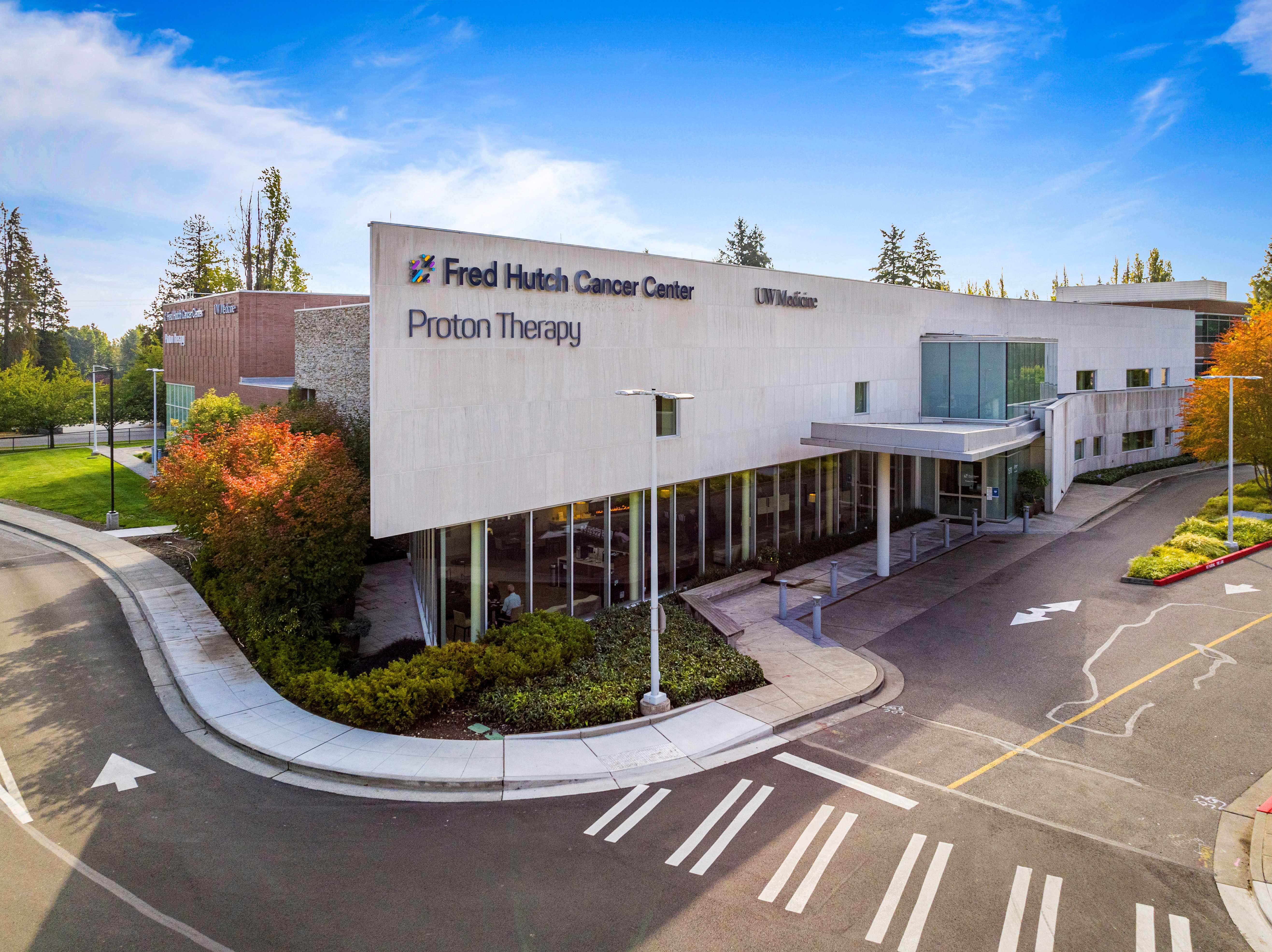Gynecologic Cancers
Gynecologic cancers include malignancies of the female genital tract involving the vulva, vagina, cervix, uterus, fallopian tubes or ovaries.
According to the American Cancer Society, 91,730 women in 2013 will be diagnosed with some form of gynecologic cancer. Uterine cancer, cervical cancer and ovarian cancer are the most common. They account for 84,140 new cases each year. Widespread screening with the Pap test has allowed doctors to find pre-cancerous changes in the cervix and vagina. This has helped catch some invasive cancers early.
Epithelial cells form the outer layer of tissue around the ovary. This layer of tissue is called the epithelium. Most ovarian cancers start in the epithelial cells. Ovarian cancer that starts in these cells is called epithelial ovarian cancer, but is simply referred to as ovarian cancer. Ovarian cancer cells can grow out of control as well as spread to and grow into (invade) other tissues and organs. Ovarian cancer often invades the Fallopian tubes and uterus.
Borderline ovarian cancer has cells that have developed the abnormal capacity to spread from the ovary and grow on other organs in the belly area (abdomen). However, they have not developed the abnormal capacity to invade normal tissues. They are abnormal, but aren’t clearly cancer. Borderline ovarian cancer is very rare.
Types of Gynecologic Cancers We Treat
- Cervical Cancer
- Ovarian Cancer
- Fallopian Tube Cancer
- Endometrial Cancer
- Uterine Cancer
- Epithelial Ovarian Cancer
- Borderline Epithelial Ovarian Cancer
Our Approach
Depending on your diagnosis, stage and particular situation, gynecological cancers can be treated with radiation, surgery, or chemotherapy, either alone or in combination with each other.
The physicians at the University of Washington Department of Radiation Oncology work very closely with your surgeon and medical oncologist to determine which combination of treatment is best for you. Because of our team’s deep collaboration with the Fred Hutchinson Cancer Research Center and the Seattle Cancer Care Alliance, you can be assured that your treatment plan will be highly individualized and based on latest the advances in cancer research.
Please contact us if you are interested in a consultation to discuss the options that best fit you.













